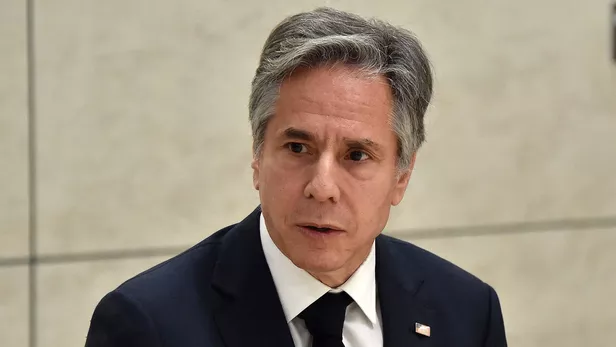The deal will give US forces access to Papua New Guinean ports and airports as Washington seeks to counter Beijing’s growing influence in the Pacific.
Papua New Guinea will sign a security pact with the United States on Monday, May 22, which will give American forces access to the ports and airports of this Pacific country, where Washington is seeking to counter China’s influence.
US Secretary of State Antony Blinken is visiting Papua New Guinea for the US-Pacific Islands Forum meeting in Port Moresby, which opens Monday.
Defense And Maritime Surveillance
Ahead of this meeting, Antony Blinken will sign a cooperation agreement in the field of maritime defense and surveillance which will allow American troops to access the country’s ports and airports. This agreement will “enhance security cooperation and further strengthen our bilateral relations (…) and increase stability and security in the region,” the US State Department said.
It will thus give the United States access to the waters of Papua New Guinea near the maritime routes to Australia and Japan, in exchange for access to American surveillance satellites, the Prime Minister of Papua New Guinea explained on Thursday. New Guinea, James Marape. If this pact is presented as an agreement aimed at protecting the country’s borders, China’s ambitions in the Pacific are a key reason for the American commitment in this region, point out the experts.
Trip Canceled
“Even if China is not mentioned anywhere in the document, it is underlying the deepening of relations between the United States and Papua New Guinea,” analyzes Gordon Peake, of the Institute of the United States. United for peace. James Marape, however, clarified that this agreement would not prevent him from entering into similar alliances with other countries, including China.
Joe Biden, whose uncle died in Papua New Guinea during World War II, was originally set to become the first US president to visit the South Pacific country on Monday. But he canceled his trip due to negotiations on the US public debt, and was replaced by Antony Blinken.
This article is originally published on lefigaro.fr







